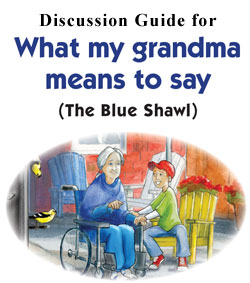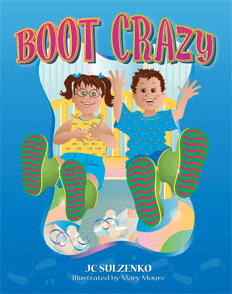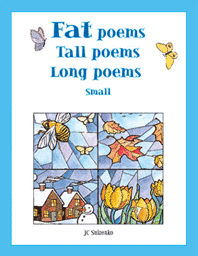Here are quotes from another great review of JC’s book for children about Alzheimer’s and the link to the site:
http://www.openbooktoronto.com/news/read_me_what_my_grandma_means_say_jc_sulzenko
“Read To Me, a new series on Open Book, showcases those magical children’s books that kids will ask you to read multiple times, and that you’ll love reading…
THE BOOK: This book, perfect for children in grades 3 and 4, is comprised of characters who share the feelings and questions families face when dealing with the challenges of supporting a loved-one with Alzheimer’s disease and dementia.
WHY KIDS WILL LOVE IT: The relationship between the boy and his grandma is one many children can relate to. The abundance of anecdotes and descriptive narrative provide ongoing reassurance for young readers. The main character, Jake, uses a conversational tone, creating a connection with the reader and a safe place for information and discussion about a sensitive topic. Children can relate to Jake, which builds trust and the strength to talk about what they’re feeling. The illustrations and the dialogue bring Jake to life, as well as his mother and grandmother, enabling children to reflect on their own experiences and family situations while reading the story.
WHY GROWN UPS WILL LOVE IT: This is an intimate story about what children can experience when their grandparent is living with Alzheimer’s disease and dementia. What My Grandma Means to Say encourages family discussion about the challenges associated with the care of a loved one. This story takes the reader on a journey with Jake through his experiences with his grandmother. This story concludes with a list of frequently asked questions to provide further information and guidance for readers.










Media
Proposed new layout
Original layout